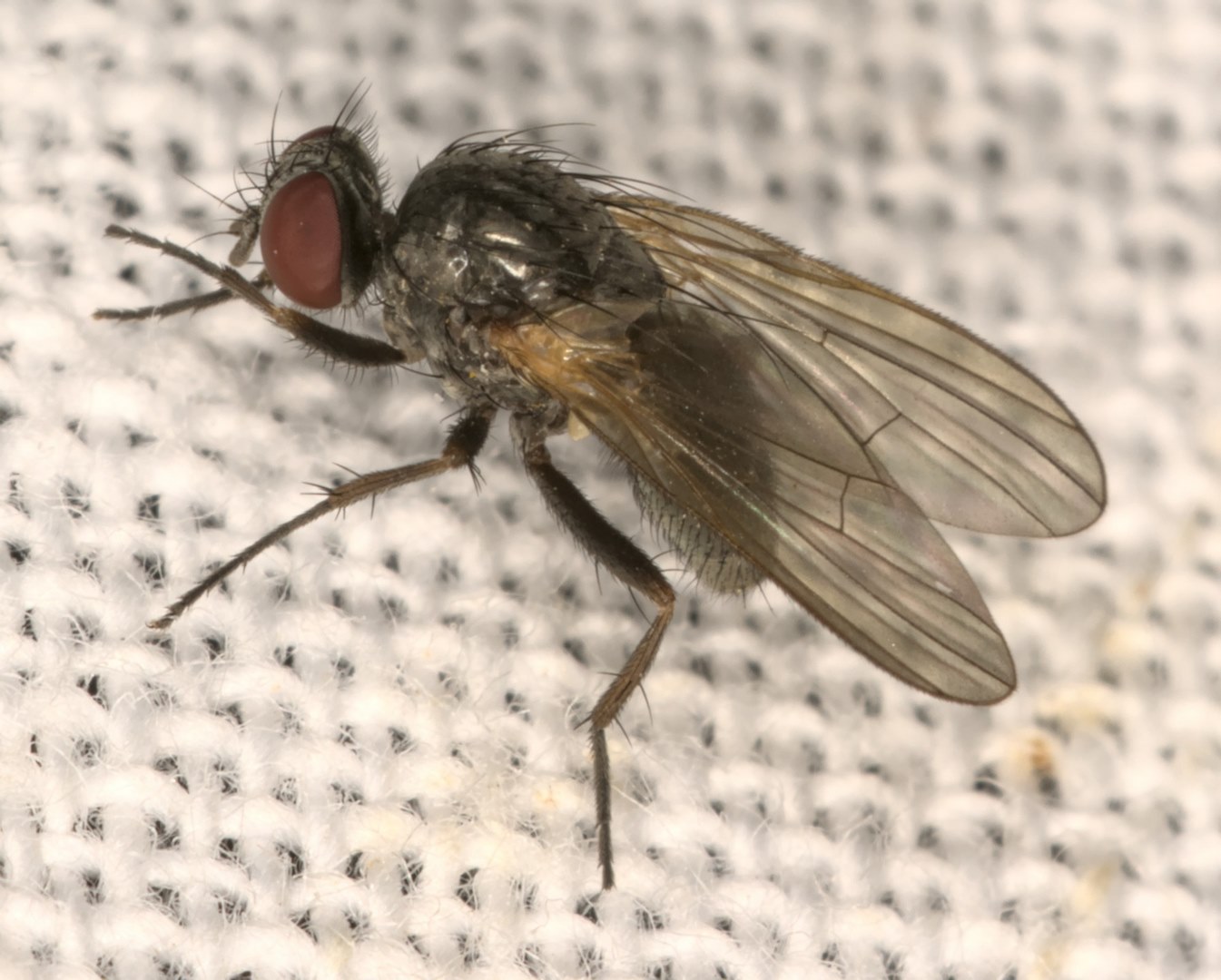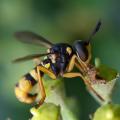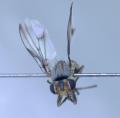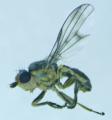Diptera.info :: Identification queries :: Diptera (adults)
Who is here? 1 guest(s)
|
Fannia request a species -> Fannia pallitibia/pruinosa
|
|
| Pat02 |
Posted on 03-11-2022 14:23
|
|
Member Location: Posts: 8 Joined: 07.06.21 |
Hi ! I found this Fannia fly in a little forest of north of France. Is it possible to go farther the genus Thanks Pat02 attached the following image:  [257.33Kb] Edited by Pat02 on 24-11-2022 14:23 |
|
|
|
| Pat02 |
Posted on 19-11-2022 17:23
|
|
Member Location: Posts: 8 Joined: 07.06.21 |
My little Fannia have no success  Should we settle for a Fannia sp. ? |
|
|
|
| Nikita Vikhrev |
Posted on 20-11-2022 11:55
|
|
Member Location: Moscow, Russia Posts: 9313 Joined: 24.05.05 |
Female of Fannia. Yellow tibiae may help. Which data? Autumn?
Nikita Vikhrev - Zool Museum of Moscow University |
|
|
|
| Pat02 |
Posted on 20-11-2022 17:36
|
|
Member Location: Posts: 8 Joined: 07.06.21 |
Thanks Nikita for your interest. > Which data? Autumn? Date of observation : 27/10/2022 Size : env 6 mm Place : Hauts-de-France (Besmé : 02300) Maybe an ID ...  |
|
|
|
| Nikita Vikhrev |
Posted on 20-11-2022 23:10
|
|
Member Location: Moscow, Russia Posts: 9313 Joined: 24.05.05 |
Well, in late autumn females of F. pruinosa/pallitibia are very common in Europe. Both species have yellowish tibiae exactly as your female.
Nikita Vikhrev - Zool Museum of Moscow University |
|
|
|
| Pat02 |
Posted on 20-11-2022 23:36
|
|
Member Location: Posts: 8 Joined: 07.06.21 |
Thank you very much, Nikita, for your time and your ID  I'll watch this tandem carefully. Best regards, Patrick |
|
|
|
| Nikita Vikhrev |
Posted on 20-11-2022 23:40
|
|
Member Location: Moscow, Russia Posts: 9313 Joined: 24.05.05 |
As for me, I suspect that pruinosa and pallitibia are the same.
Nikita Vikhrev - Zool Museum of Moscow University |
|
|
|
| Pat02 |
Posted on 21-11-2022 08:43
|
|
Member Location: Posts: 8 Joined: 07.06.21 |
Hello Nikita Like you, Adrian C. PONT ("A Revision of the Fanniidae and Muscidae described by J. W. MEIGEN") cannot separate the females of these "two species". For the males ("key to males of European species of Fannia"), Barták & al. considers two species with very tiny differences. He don't say that males of F. pruinosa have setose parafacials, like I read in this post. So, I don't found a picture of these setae ... I note the probable confusion of the two species Thank you, have a good day Patrick PS Sorry for my english Edited by Pat02 on 21-11-2022 08:48 |
|
|
|
| Jump to Forum: |















